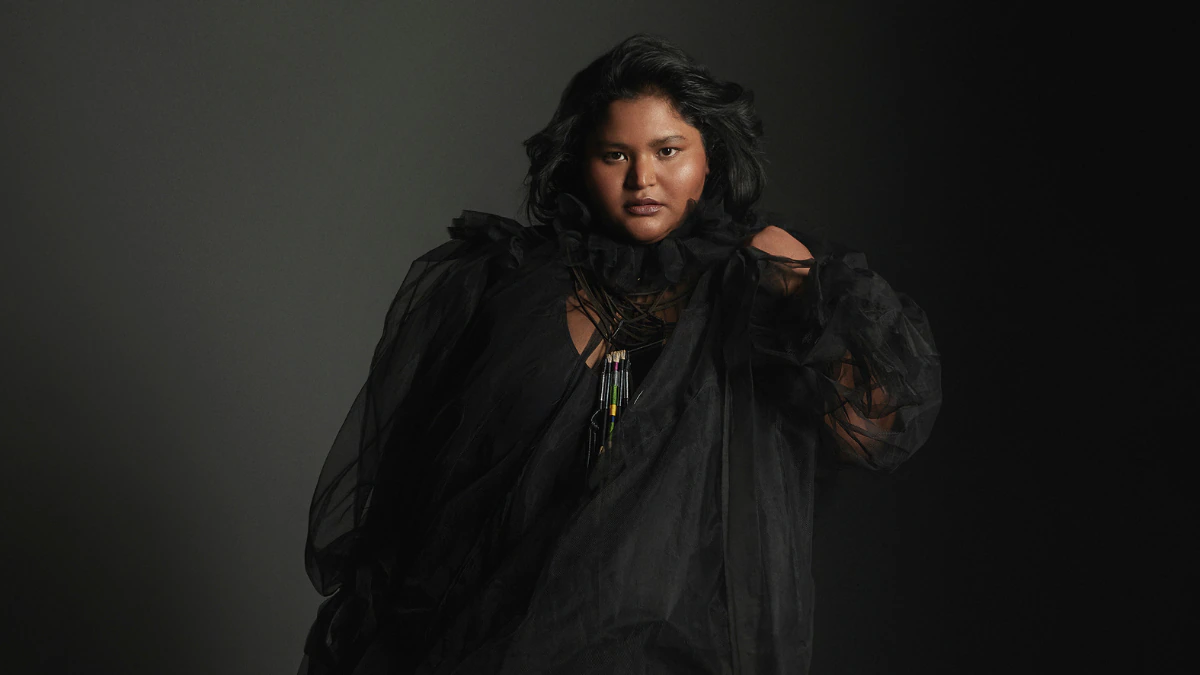From ancient Egyptian Hieroglyphs to modern day ‘Hinglish’, language is the cornerstone of every civilisation, and plays a major role in making us the social beings that we are. It connects, moulds and conditions people in obvious, and not-so-obvious ways.
So, how much does sexist language contribute to our inherent gender, racial or economic biases? Vitamin Stree takes a closer look in this episode of Scratching The Surface.
Gender biases in language can be found everywhere – from everyday life and pop culture, to school curriculums and classic literature. Examples of these can be found in our daily communication – “bachelor”, for example, is a word used for single unmarried men. It comes with connotations of having fun and not being ready to settle down yet, no matter how old they are. “Spinster”, however, is a word used for unmarried women who have crossed the threshold of “marriageable age”. Examples like these reinforce gender roles of men being free to marry as and when they wish, but women have to be aware of a constantly ticking clock.
So, how far back do we go to find gender neutrality? School? Turns out, textbooks used by lakhs of children across Indian schools are filled with preconceived, sexist notions of each gender. A book by Narendra Nath Kalia titled ‘Sexism In Indian Education : The Lies We Tell Our Children’ chalks out the different ways in which sexism resides in education. One author believes that ‘it’s only women who indulge in ideal gossip’ while another believes that ‘god has made women cent percent stupid.’
Also read: Vitamin Stree: Fit Is Not A Body Type
Classic literature also, has always had cringe-worthy examples, and for a society that’s relatively woke today, the problems should be evident and yet, no one seems to care. Milton’s
Paradise Lost is an account of the creation of earth and hell, and the fall of ‘man’ from his initial paradisiac state, says that the man is created in the image of God and the woman is created in the image of man, therefore establishing their inequality at the level of creation. It also goes on to blame Eve, solely, for this ‘fall of man’.
Pop culture isn’t far behind when it comes to misogynistic lyrics.
What do they make dreams for
When you got them jeans on
What do we need steam for
You the hottest bitch in this place
-Blurred lines, Robin Thicke
This is an excerpt from Blurred Lines, by Robin Thicke. It’s hard to believe that lyrics like these are widely accepted and no one has any problem at all. And if this comes across as problematic, our boy Honey Singh went ahead and did one better.
Par mai hun womanizer
Mujhe akele mein mat mil
Silicon vali ladki ko main pakadta nahi
Brown Girl se mera dil bharta nahi.
Language is a strong tool, an inherent part of who we are. Over decades and even centuries, it’s been used to drive home the point that women and men are associated with certain definitive tasks, words and roles in society. The problem stems from (mostly) male authors controlling the narrative and getting away with it, but now, it’s time to reclaim words for what they are – descriptors, not judgements; a tool for progress through communication, not steps back into the Dark Ages. Got problems with how sexist our language is, or thought you were the only one who believed so? You’re not alone, and now, you hopefully know where it’s coming from.
Watch the full video here.
Also read: The Ma-Behen Rule And Other Gems From The Language Of Oppression
Follow Vitamin Stree on YouTube, Facebook, Instagram, and Twitter.
About the author(s)
Your dose of all things Indian, Urban, Women - not necessarily in that order.




